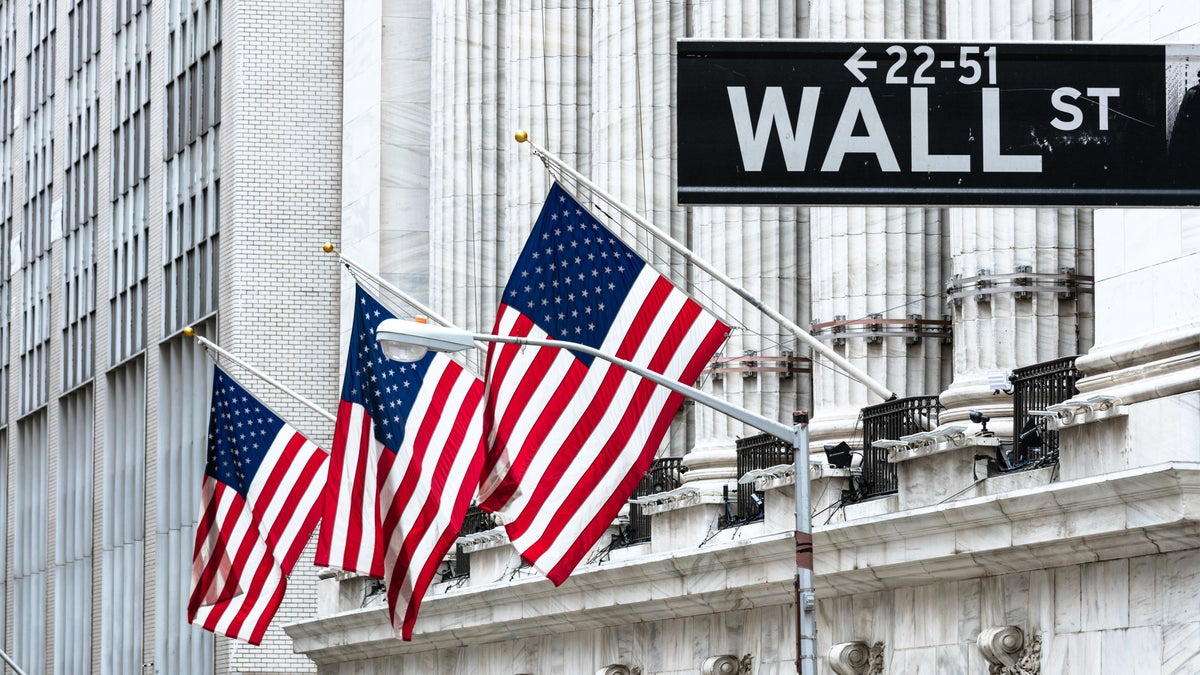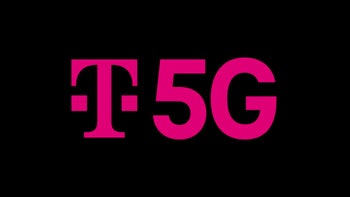Here's how Wall Street is reacting to Apple's nasty Wednesday surprise

In case you've missed the big news, Apple severely lowered its revenue guidance for Q4 '18 (fiscal Q1 '19), expecting $84 billion in revenue in stark contrast with the expected $89-$93 billion. This nasty forecast was shared by Tim Cook in a letter to Apple investors, with the reasons being fewer iPhone upgrades and emerging markets' economic weakness. The strong US dollar, supply constraints for the newest Apple Watch, and the iPhone battery replacement program were also pointed out as culprits for the company's lowered guidance.
As a result, stocks are down 8.5% in the pre-market trading and will be opening at $146.10 this morning. This is Apple's first profit warning in over a decade, and Wall Street has legitimate reasons to be worried.
And worry, it did:
Morgan Stanley lowered its price target down to $211 (previously $236), citing China's lengthened upgrade cycle as the main reason behind Apple's woes in the most populous country in the world. "China is following in the footsteps of the US market with lengthening smartphone replacement cycles slowing overall market growth," Morgan Stanley representatives said.
And worry, it did:
Morgan Stanley lowered its price target down to $211 (previously $236), citing China's lengthened upgrade cycle as the main reason behind Apple's woes in the most populous country in the world. "China is following in the footsteps of the US market with lengthening smartphone replacement cycles slowing overall market growth," Morgan Stanley representatives said.
Analyst Daniel Ives from Wedbush is ultimately optimistic about the iPhone's future growth, but calls this latest "Apple's darkest day in the iPhone era". Says Ives, "The magnitude of the top-line miss (~8%) with China demand the culprit was jaw dropping in our opinion and will heavily weigh on shares." As a result, Wedbush's price target has been lowered from $275 down to $200.
Bank of America Merrill Lynch reckons the tensions that the Trump administration brought upon the trade relations between the two countries are the main reason for Apple's lowered revenue guidance in the last quarter. "Although the trade tensions with China could ease in 1H19, the broader demand weakness and slower upgrade cycles are likely to push units much lower in F19 (we now model 181mn units down from 210mn previously)," the investment bank also said. It also lowered its price target down to $195 (previously $220).
Wells Fargo slashed its price target to $160 (lowered from $210) and pointed out that "it goes without saying that Apple's negative results have far-reaching derivative implications." It will be quite interesting to see if the next quarter will prove to be any different or Apple will issue a second warning in a row.
Goldman Sachs has also lowered its price target from $182 down to $140 citing the fact that Apple is more prone to the intricacies of the macroeconomic changes than most other companies. "We don't see strong evidence of a consumer slowdown heading into 2019 but we just flag to investors that we believe Apple's replacement rates are likely much more sensitive to the macro now that the company is approaching maximum market penetration for the iPhone," the investment firm further explained.
Bank of America Merrill Lynch reckons the tensions that the Trump administration brought upon the trade relations between the two countries are the main reason for Apple's lowered revenue guidance in the last quarter. "Although the trade tensions with China could ease in 1H19, the broader demand weakness and slower upgrade cycles are likely to push units much lower in F19 (we now model 181mn units down from 210mn previously)," the investment bank also said. It also lowered its price target down to $195 (previously $220).
Wells Fargo slashed its price target to $160 (lowered from $210) and pointed out that "it goes without saying that Apple's negative results have far-reaching derivative implications." It will be quite interesting to see if the next quarter will prove to be any different or Apple will issue a second warning in a row.
Equity research firm Longbow Research had a more blunt take on Apple's lowered guidance than most other analysts, blaming Cupertino's excessive reliance on iPhone sales. "The magnitude of the China-led sales shortfall is a clear wakeup that the bull thesis of growth in new products and high-margin services and expanded capital return does not currently carry enough weight to mitigate a substantial decline in iPhone demand," Longbow Research said.
Citi bank lowered its price target down to $170, a $30 decrease from the previous $200. It's pinpointing the trade war between China and the US as another, pretty obvious cause for Apple's lower sales' figures. "While we have been very vocal about the negative impact from the trade tensions resulting in a negative impact to demand for Apple's products in China with our iPhone and sales estimates below consensus as detailed in our December 10th report Global Tech Views: How Low Can Apple Go?: Trade Wars are Bad for Tech Stocks, we were surprised about the magnitude of the miss and the negative impact of China demand for iPhones," representatives of Citi revealed.
BMO Capital Markets, one of Canada's larger financial institutions, also reacted very pessimistically to the recent developings, claiming Apple's warning was even worse than the firm had initially feared. "We have been cautious surrounding the newly launched iPhone's ability to drive an upgrade cycle, particularly in China, and December quarter results are worse than we would have expected," BMO Capital Markets said.
Follow us on Google News












Things that are NOT allowed:
To help keep our community safe and free from spam, we apply temporary limits to newly created accounts: